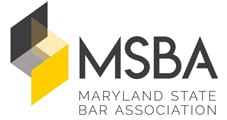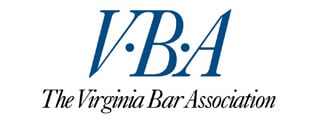Choosing to file for personal bankruptcy in Maryland is never an easy decision. Yet almost as difficult of a choice is what chapter of bankruptcy you should file under. You can opt for a Chapter 7 (which allows for the discharge of certain debts) or a Chapter 13 bankruptcy (which provides you the chance to repay your liabilities while halting prejudicial collection efforts).
It is that very benefit of having debts discharged that makes Chapter 7 the more popular choice. Many come to us here at The Law Offices of Richard B. Rosenblatt, PC wanting to seek this particular form of bankruptcy, only to find that they must first qualify. This prompts the question of what is the qualification criteria.
Qualifications for a Chapter 7 bankruptcy
You can find these qualifications in the Chapter 7 means test. Authorities look to the means test to determine whether you actually have the ability to repay your debts. According to the website for the Federal Judiciary, the first step in the means test is to compare your aggregate monthly income to that of your particular demographic in your state. If it is below the median, you qualify; if not, you move on to the next step in the test.
That step is to project your monthly income out over five years (less certain allowable expenses). If the amount is more than either $12,850 or 25% of your non-priority unsecured debts, then you cannot qualify to file under Chapter 7.
Options if you fail the means test
If you fail the means test, personal bankruptcy may still be an option for you. The court may simply ask that you convert your petition over to a Chapter 13 case. You find more information on personal bankruptcy options throughout our site.






